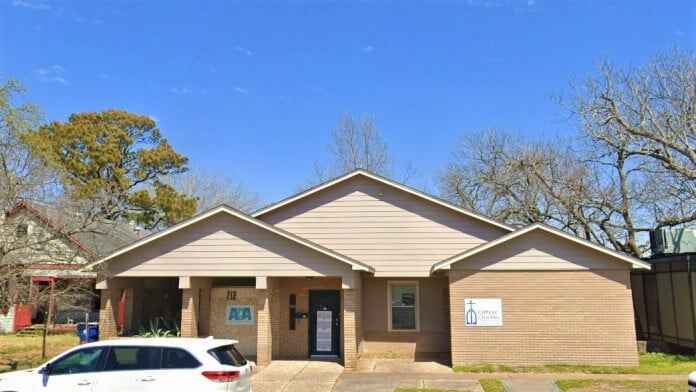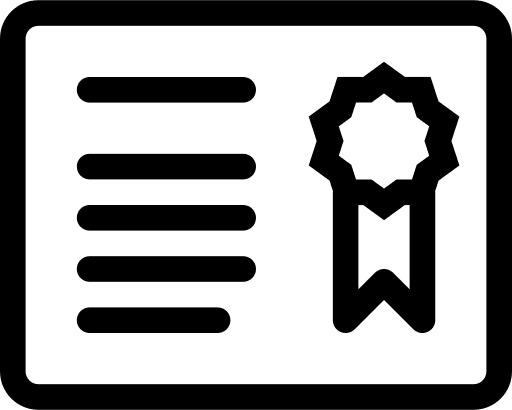About ADA Women’s Center – Texas City
ADA Women’s Center offers a stable, living environment for women battling addiction in Texas City, Texas. Their residential program offers specialized and intensive care tailored to the unique needs of women in recovery. You can access personalized care with treatment best practices and a supportive staff.
With residential care, you’ll live on campus and receive continuous support to promote healing. Their treatment approach integrates daily 12 Step meetings, group sessions for 30 hours per week, and an hour of weekly individual counseling. These interventions help you foster essential coping skills as you learn from peers on similar paths.
What stands out most to me is their specialized women’s services. You’ll benefit from trauma-informed care to understand how past events currently affect you today. They provide the tools to help you work through trauma and find healing. You’ll also have access to parenting classes to strengthen your family unit.
Another core feature is occupational therapy. In this approach, you’ll develop life skills and find new ways to express yourself. Sessions focus on vital skills to sustain recovery and improve your life, including communication, time, stress and anger management, budgeting, and more.

